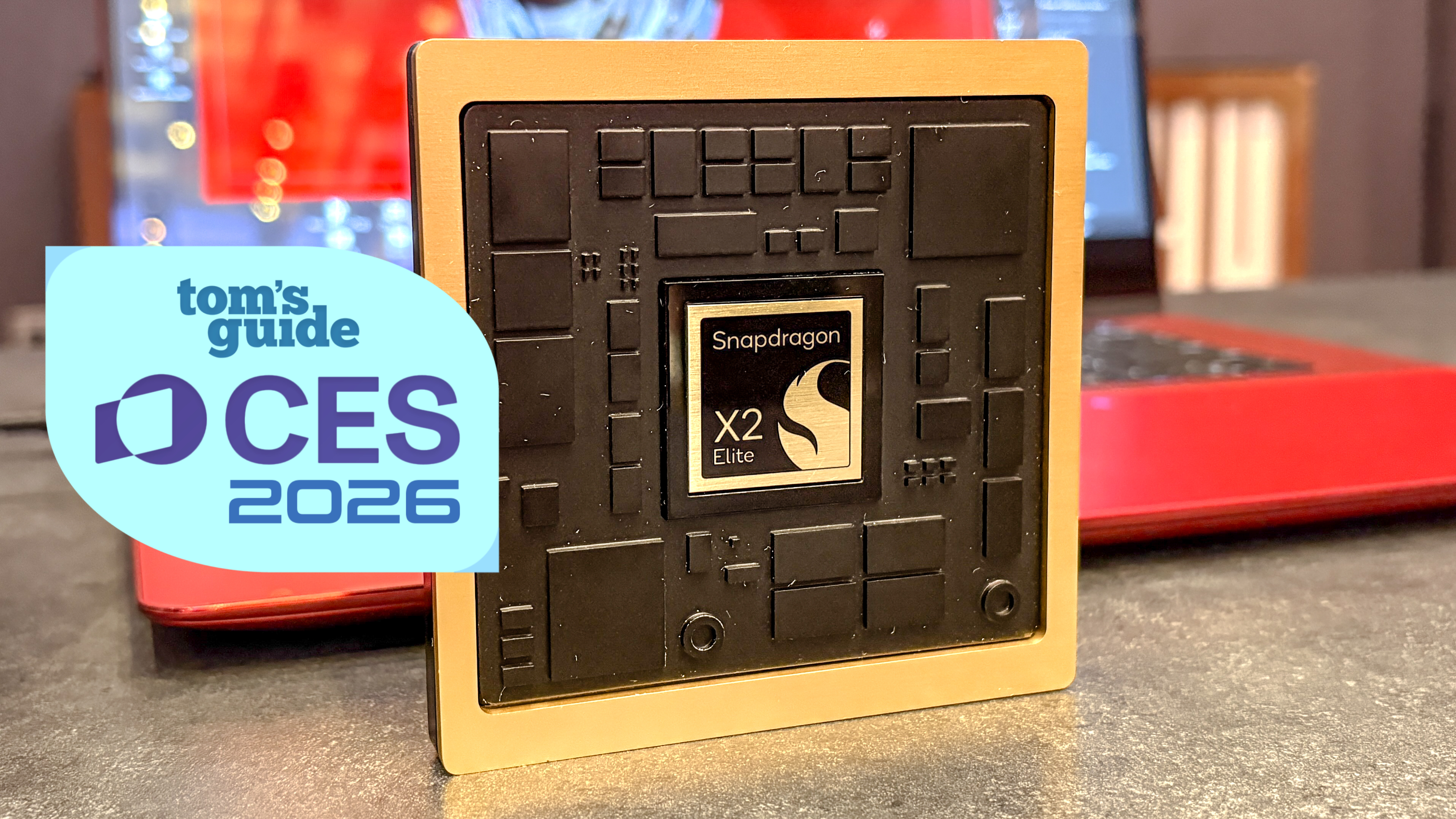Fitbit Sense 2 vs. Fitbit Versa 4 — which fitness smartwatch is best for you?
Here's how two popular fitness-tracking smartwatches stack up
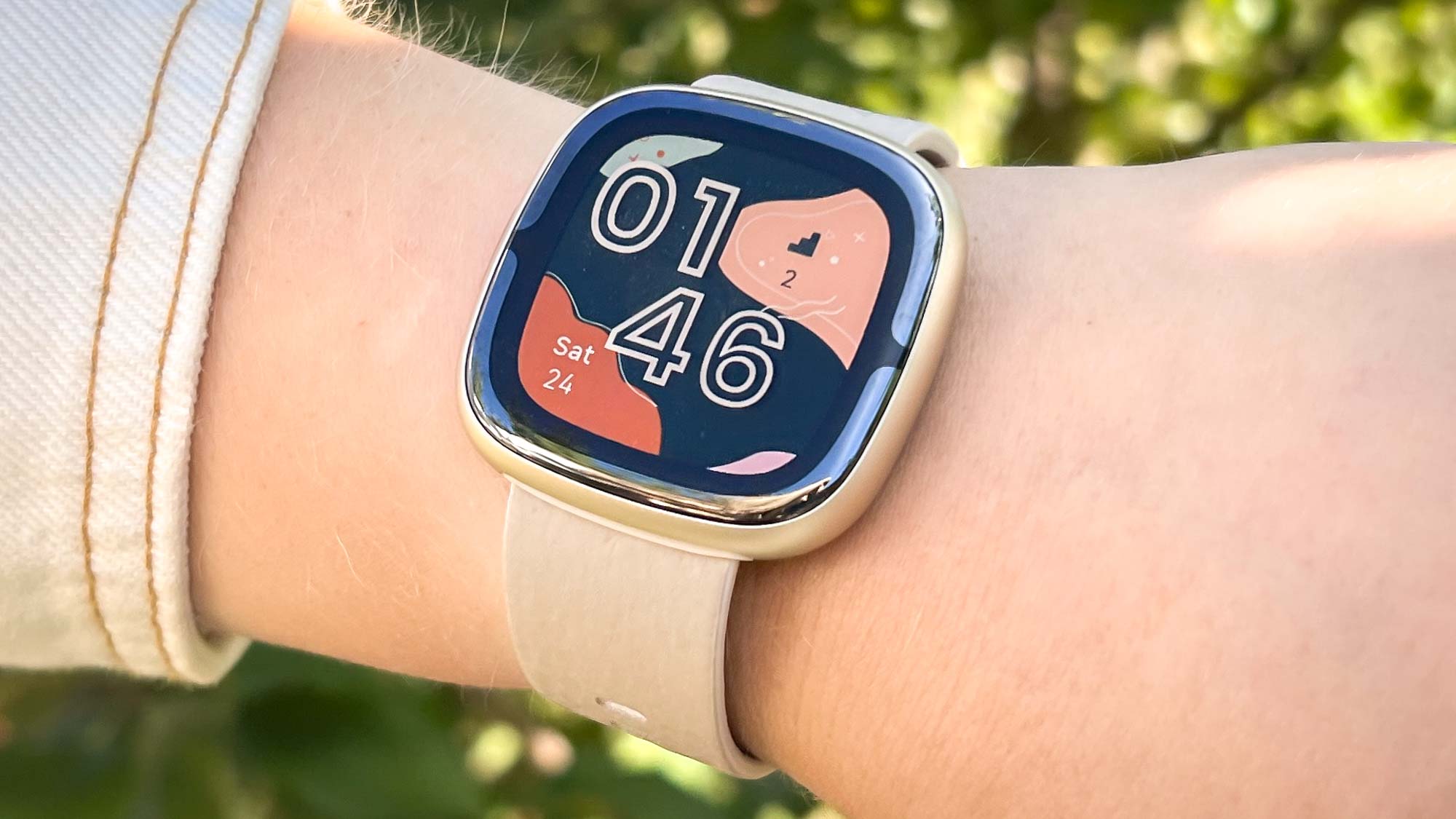
The Sense 2 is the closest Fitbit has ever come to a full-fledged smartwatch. In addition to workout and sleep tracking, it has an ECG sensor, body temperature sensor and onboard GPS.
Pros
- Large, bright AMOLED screen
- Long battery life
- Comprehensive fitness/health features
- Proactive stress management with cEDA
Cons
- Limited third-party apps
- Lacks Google Assistant
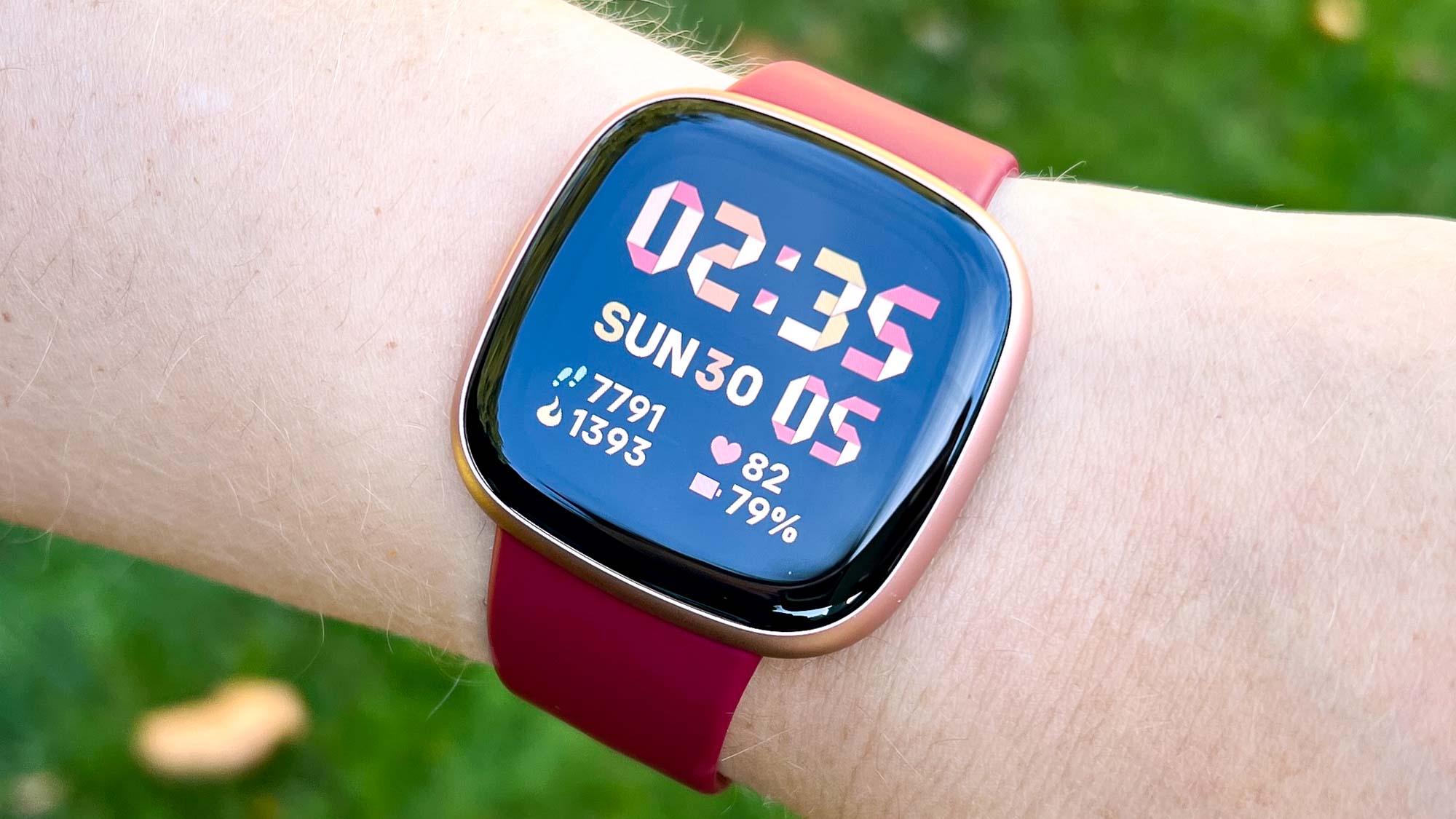
The Fitbit Versa 4 is a more wallet-friendly alternative to the Sense 2. It doesn't have its big brother's ECG or cEDA sensors, but you can track your steps, sleep and workouts.
Pros
- Slim design
- Accurate sleep tracking
- Amazon Alexa built-in
- Support for Google apps
Cons
- Heart rate monitor can be inaccurate
- Limited third-party apps
On the wrist, the Fitbit Sense 2 and Versa 4 look identical. And that's because they largely are. Both models share the same aluminum case and AMOLED touch display. Where they vary is under the hood.
The Sense 2 — Fitbit's flagship fitness-oriented smartwatch — offers some nice perks not found on the mid-level Fitbit Versa 4, including an ECG sensor and more advanced stress monitoring.
However, both models are some of the best Fitbit devices you can buy right now, and feature the same suite of smartwatch features, including support for Alexa, on-wrist calling, Google Wallet, Google Maps and now YouTube Music.
The Sense 2 is $50 more than the Versa 4. Are the added health monitoring features worth the extra cash? Read on as we compare the Fitbit Sense 2 vs. Versa 4 to help you find out which is best for you.
Fitbit Sense 2 vs. Versa 4: Price and availability
Both the Fitbit Sense 2 and Fitbit Versa 4 are available now. The former has an MSRP of $249 and the latter $199. However, both can often be found for $20 and $50 off, respectively.
You get six months of Fitbit Premium for free with each model. This unlocks features like personalized training sessions, deeper sleep analysis data, daily readiness scores and more.
Fitbit Sense 2 vs. Versa 4: Specs compared
| Header Cell - Column 0 | Fitbit Sense 2 | Fitbit Versa 4 |
|---|---|---|
| Price (at launch) | $249 | $199 |
| Display | 1.58-inch AMOLED touchscreen | 1.58-inch AMOLED touchscreen |
| GPS | Yes | Yes |
| Heart Rate Sensor | Yes | Yes |
| ECG Sensor | Yes | No |
| EDA Sensor | Yes | No |
| Skin Temp Sensor | Yes | No |
| Bluetooth calling | Yes | Yes |
| Google Maps | Yes | Yes |
| Google Wallet | Yes | Yes |
| Battery Life | 6 days | 6 days |
Fitbit Sense 2 vs. Versa 4: Design and build quality
The design of the Fitbit Sense 2 vs. Fitbit Versa 4 is a match. Both models sport bright and crisp 1.58-inch AMOLED touchscreens and feature a square-ish-circle watch face. Weighing just 0.8 ounces and with an incredibly thin design, both models wear comfortably for extended periods.
Get instant access to breaking news, the hottest reviews, great deals and helpful tips.
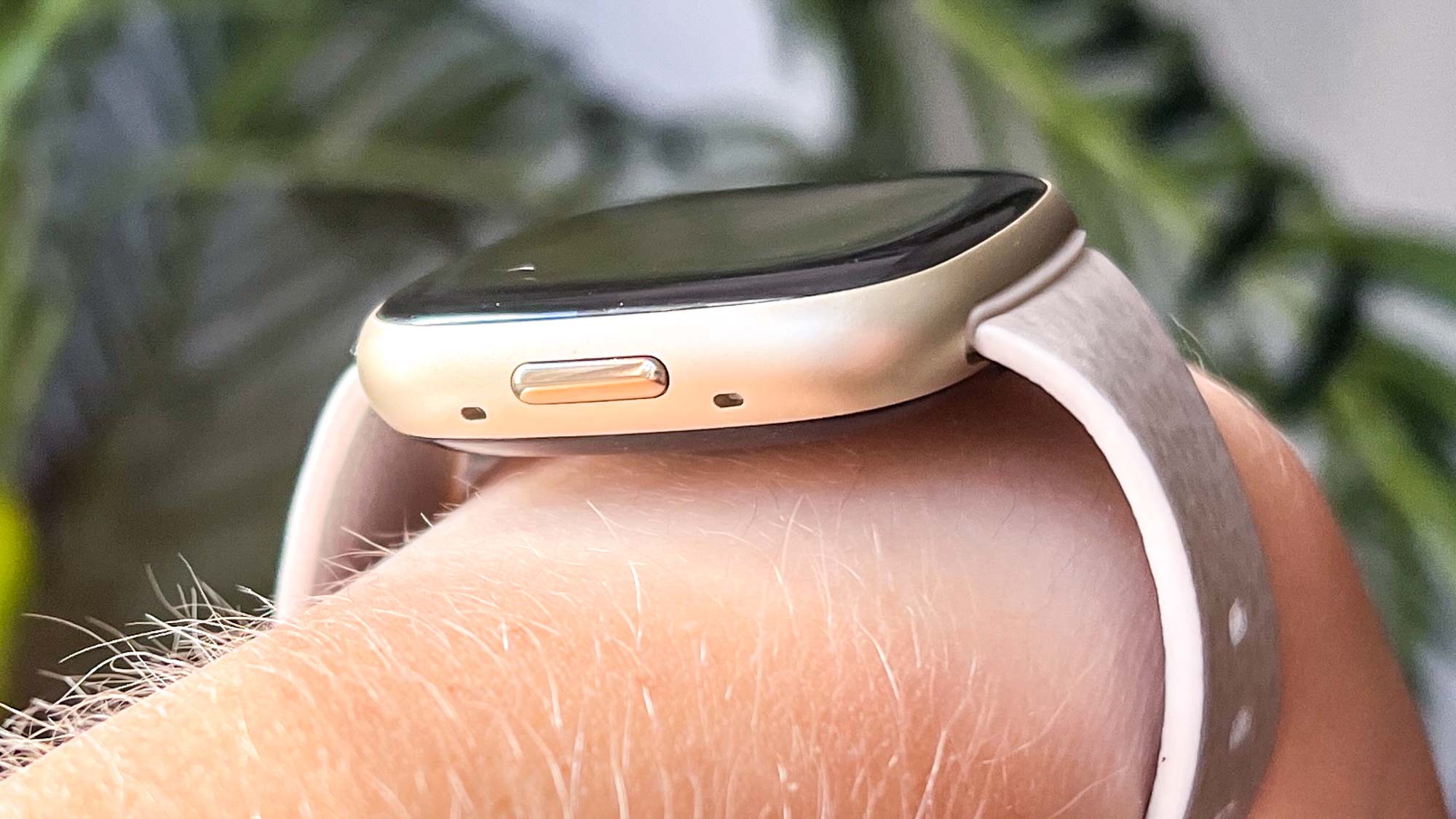
The cases on each are made from matte aluminum, which gives these wearables a premium feel. A single physical button adorns the left side of both devices, similar to the Action Button on some Apple Watches.
The Sense 2 comes in three different case varieties: Graphite Aluminum, Platinum Aluminum and Soft Gold Aluminum. The Versa 4 also comes in Graphite and Platinum Aluminum, as well as Copper Rose Aluminum, which has more of a red tint than the Soft Gold color.
Straps are swappable on both models, with a huge range of compatible options to choose from, both from Fitbit and third-party brands.
Fitbit Sense 2 vs. Versa 4: Health and fitness features

The core differences between these two devices mostly fall into this category. So, if having the best fitness and health features is your top priority, you can stop reading now. The Fitbit Sense 2 is the right device for you.
However, that's not to say the Versa 4 is a slouch regarding wellness monitoring. Both devices have a GPS built-in, which means you can leave your phone at home on jogs or bike rides and still accurately track distance, elevation gain and more.
You also get an onboard optical heart rate sensor to keep tabs on your pulse, whether exercising, sitting at a desk or sleeping.
Both devices are capable of tracking a healthy (get kit?) list of activities. Beyond the standard running, walking and biking, users can track activities like yoga, gym workouts, golf outings, kayaking adventures and much more. For the nautically inclined, you get 50 meters of water resistance in both the Sense 2 and Versa 4, so it can be used to track swim workouts too.
In addition to basic activity tracking, users can keep tabs on their sleep quality and menstrual health using either device. But that's where the similarities end.
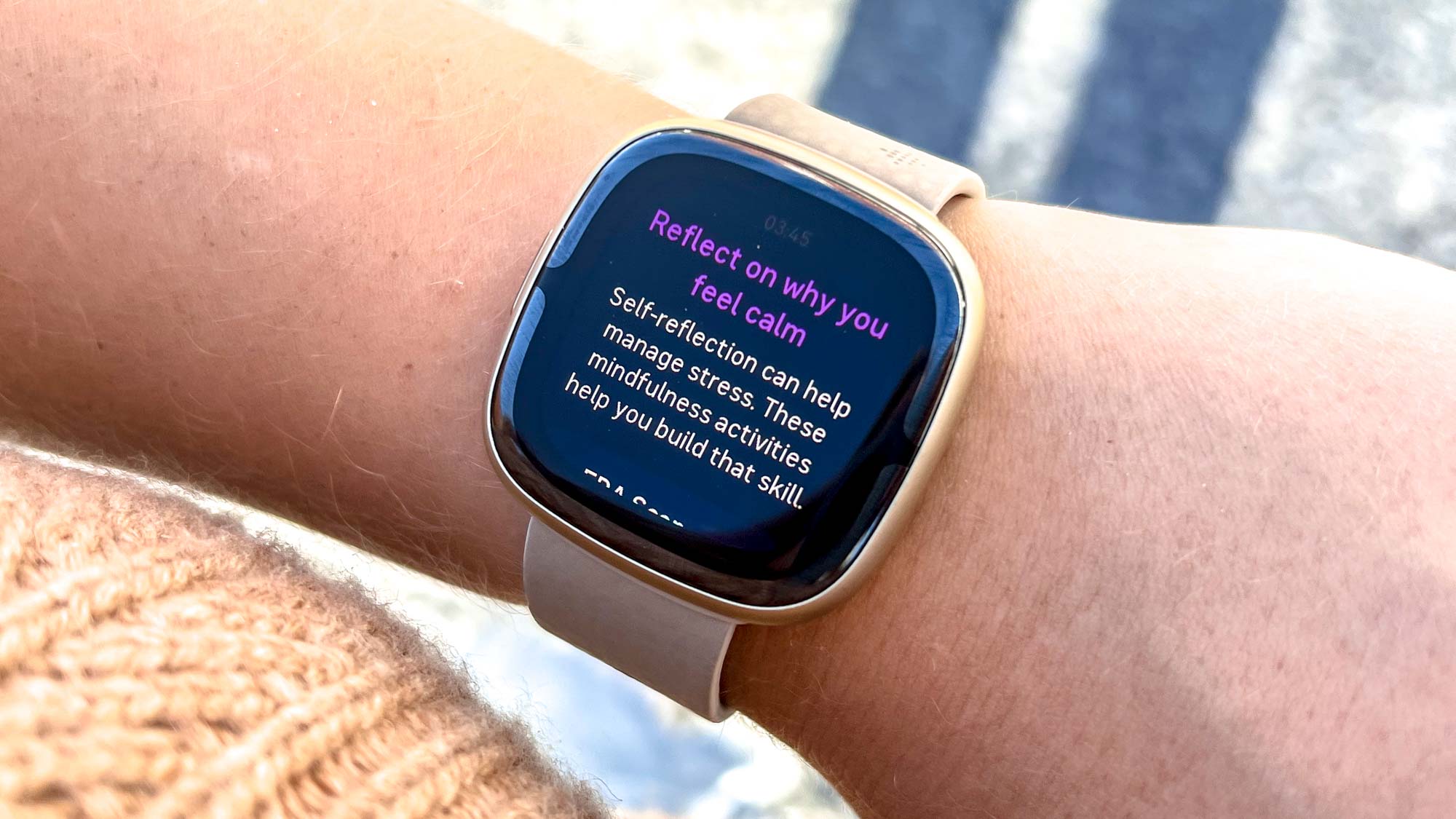
Unlike the Versa 4, the Sense 2 has a built-in ECG app. This monitors for irregular heartbeats, which could be a sign of atrial fibrillation (AFib), a fairly serious medical condition.
It also sports a cEDA sensor to measure changes in the electric properties of a user's skin to detect heightened levels of stress. If the watch senses something is up, it will send a Body Response notification promoting you to do a meditation session or some other stress-reducing activity.
Finally, the Sense 2 has a skin temperature sensor that adds an extra layer of data to sleep analysis compared to the Versa 4. By keeping tabs on body temperature and monitoring for sudden changes, the Sense 2 can alert users to things like an oncoming cold, menstrual cycle or even pregnancy.
Fitbit Sense 2 vs. Versa 4: Smartwatch features
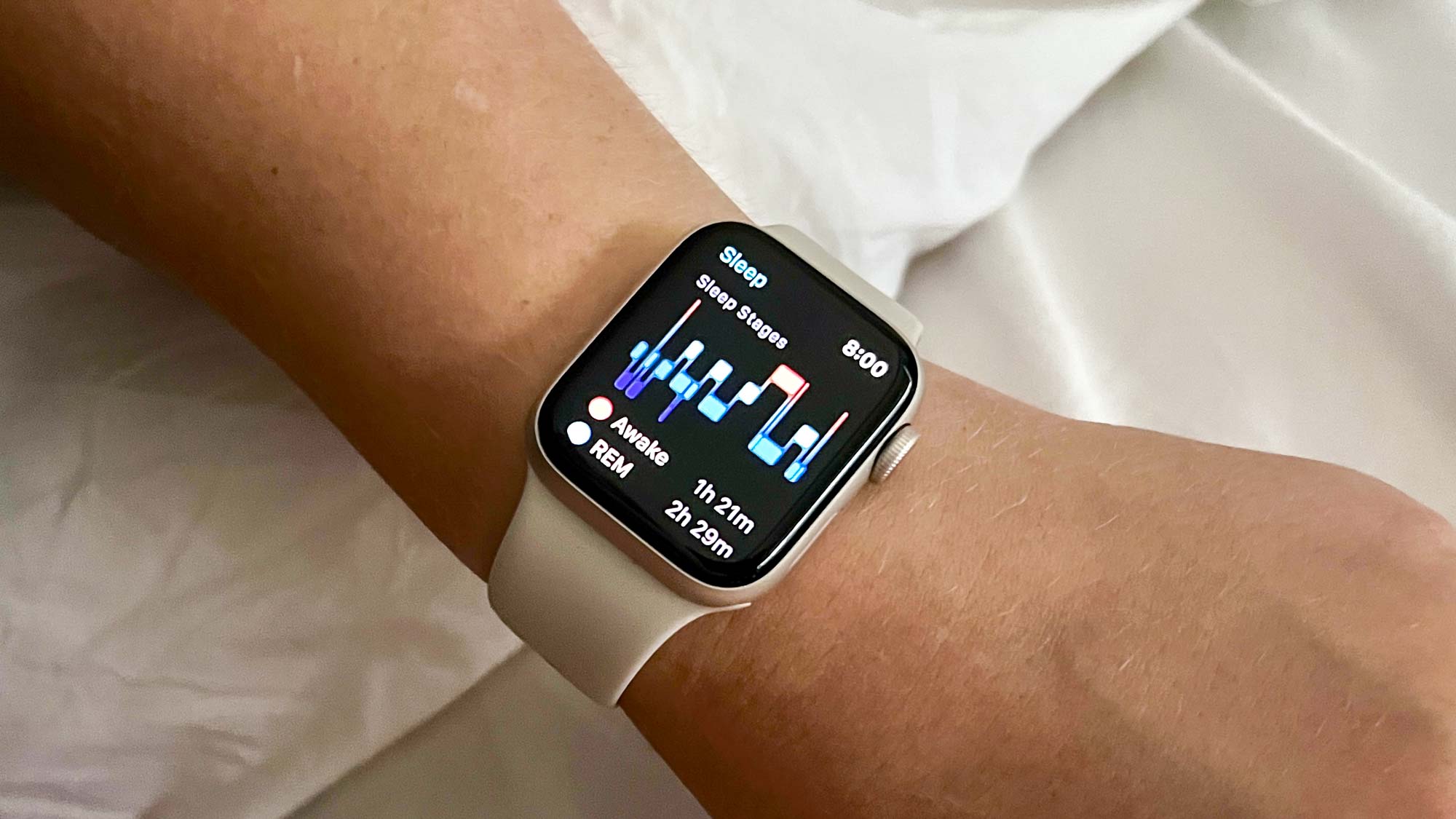
On the smartwatch side of things, both the Fitbit Sense 2 and Versa 4 offer a similar feature set with access to a small but useful set of applications. Users can run both Google Maps, Google Wallet and YouTube Music, but there's no access to the Google Play store despite Fitbit being owned by the tech giant.
You also get access to Alexa, which is pretty handy (but not Google Assistant). In addition to viewing text and notifications, users can utilize the built-in speaker and microphone in each device to take calls. Sadly, unlike their predecessors, neither of these devices can store music for offline listening, nor is there access to any other third-party apps (aside from Alexa).
For what it's worth, if it's a full-blown smartwatch you're after, the most recent Apple Watch SE can be picked up for around the same price as the Versa 4, sometimes less.
Fitbit Sense 2 vs. Versa 4: Verdict
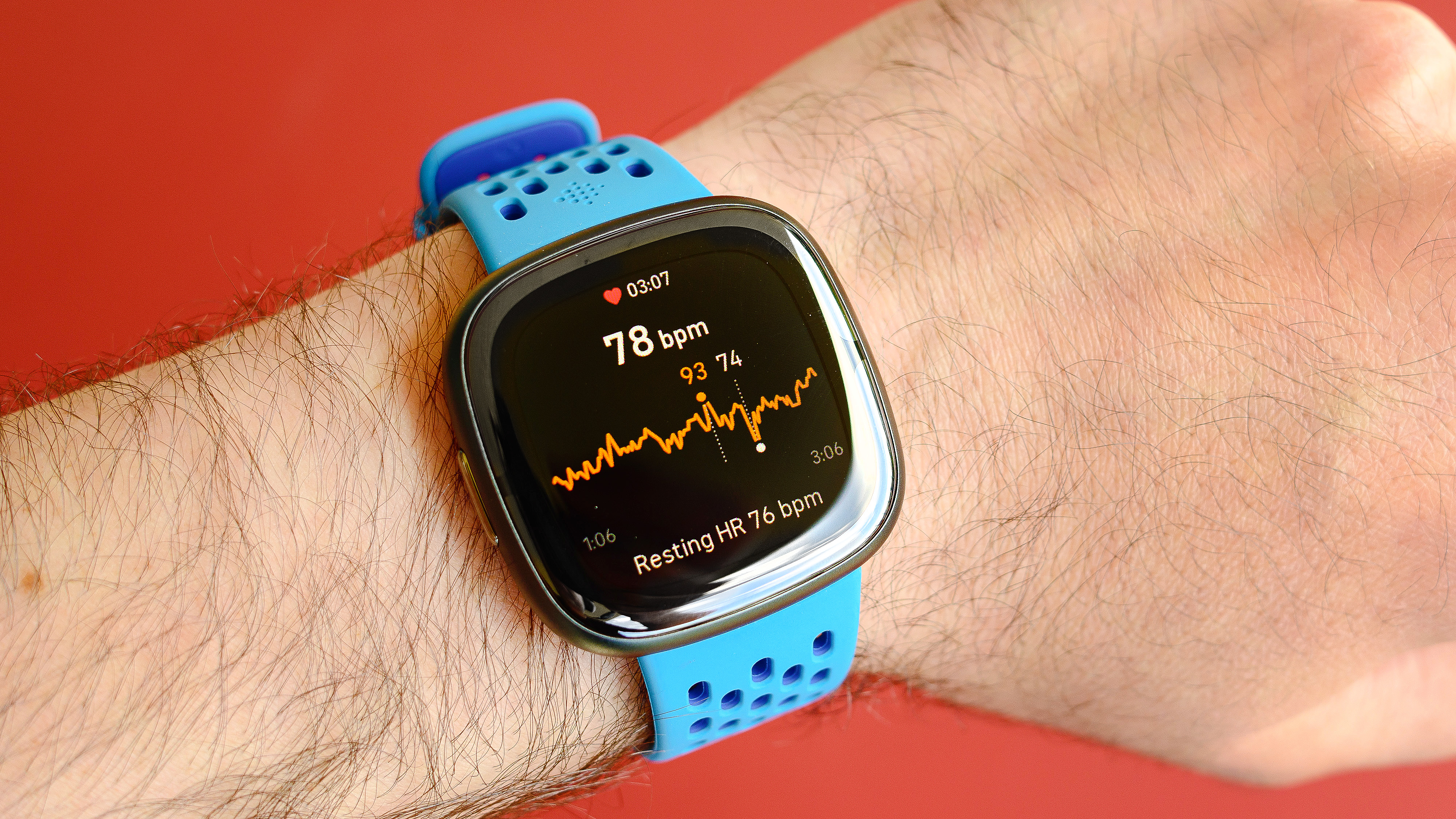
Ultimately, those who want the most advanced sleep, fitness and stress monitoring features Fitbit has to offer — in a smartwatch package — should definitely opt for the Fitbit Sense 2. It's $50 more than the Versa but provides a more detailed analysis of user health, both physical and mental, so we think it's worth it.
Training for a marathon or some other fitness challenge? The Garmin Forerunner 265 is also worth your consideration. Though at $449, it's a good bit pricier. On the smaller, more affordable side, the Fitbit Charge 6 provides an equally comprehensive fitness tracking suite to the Sense 2 with better support for Google apps (including Google Music), just without the stress monitoring features.
On the other hand, if you want a well-priced, decently capable smartwatch with basic fitness tracking features — like step counts, GPS and heart rate monitoring — the Versa 4 is not a bad option. But there are more advanced smartwatches for just a little more coin, including the Apple Watch SE (2022) and Samsung Galaxy Watch 5.
More from Tom's Guide
- How to lose weight and get in shape by walking
- The best running watches we've tested
- Apple Watch Ultra 2 vs Garmin Epix 2 - which is best?

Dan Bracaglia is the Tom’s Guide editorial lead for all things smartwatches, fitness trackers and outdoor gear. With 15 years of experience as a consumer technology journalist testing everything from Oura Rings to instant cameras, Dan is deeply passionate about helping readers save money and make informed purchasing decisions. In the past year alone, Dan has assessed major product releases from the likes of Apple, Garmin, Google, Samsung, Polar and many others.
An avid outdoor adventurer, Dan is based in the U.S. Pacific Northwest where he takes advantage of the beautiful surroundings every chance he gets. A lover of kayaking, hiking, swimming, biking, snowboarding and exploring, he also makes every effort to combine his day job with his passions. When not assessing the sleep tracking and heart rate accuracy of the latest tach gadgets, you can find him photographing Seattle’s vibrant underground music community.
